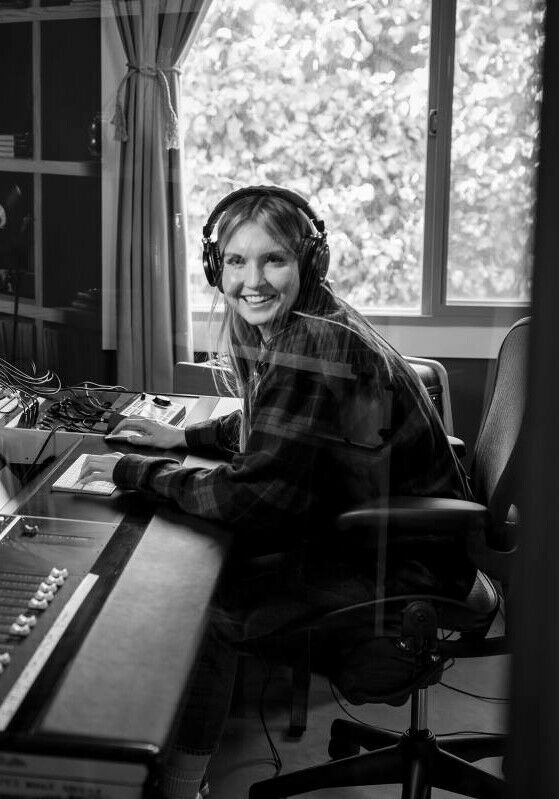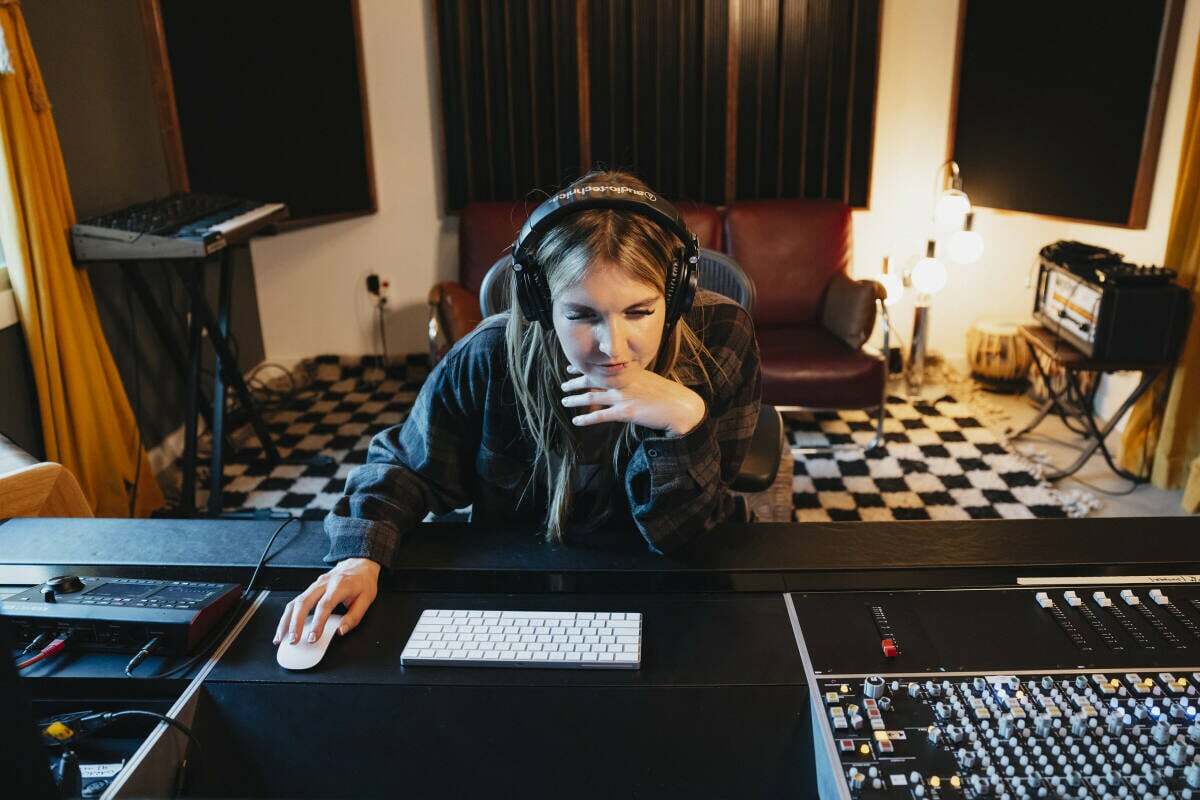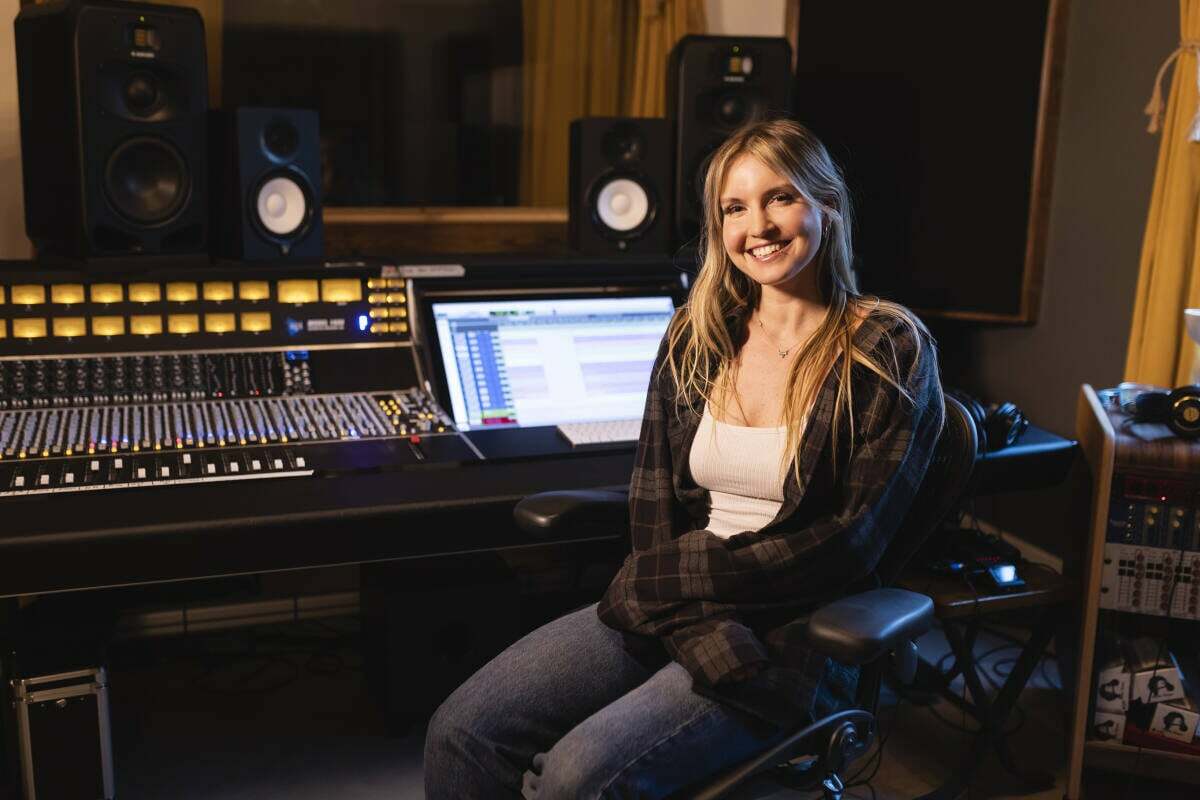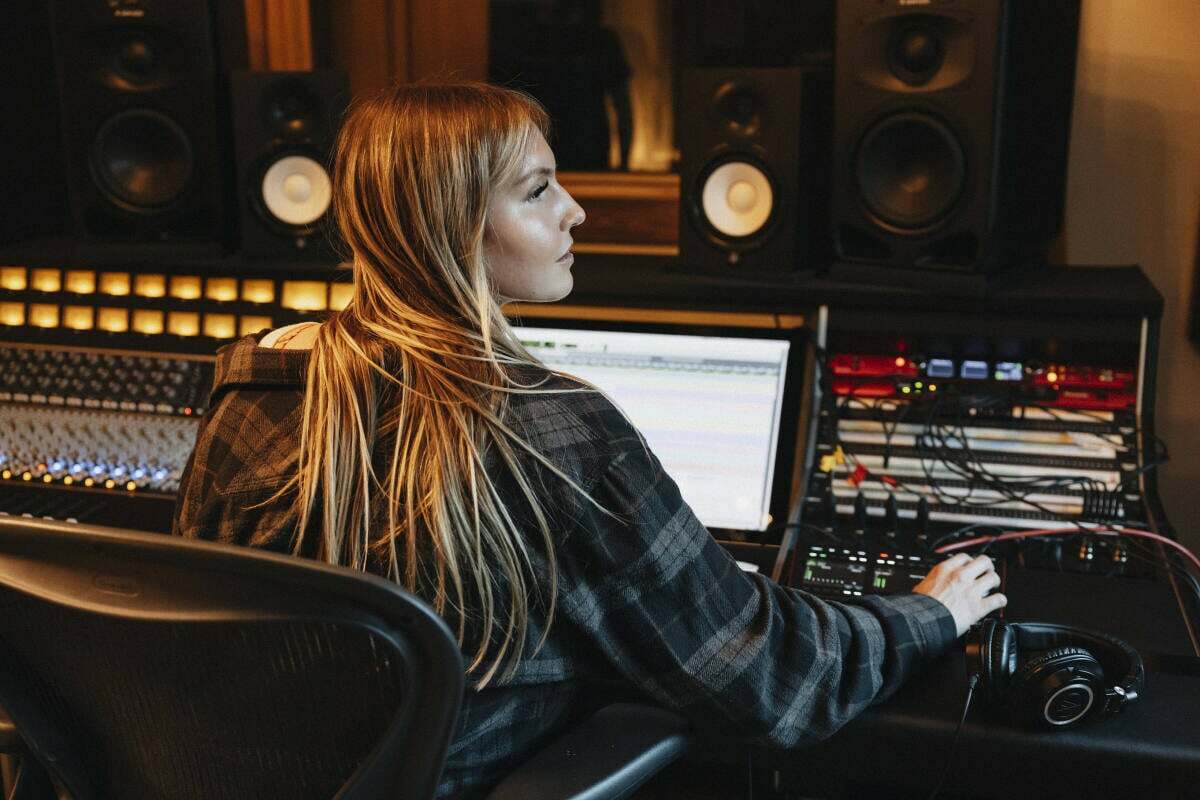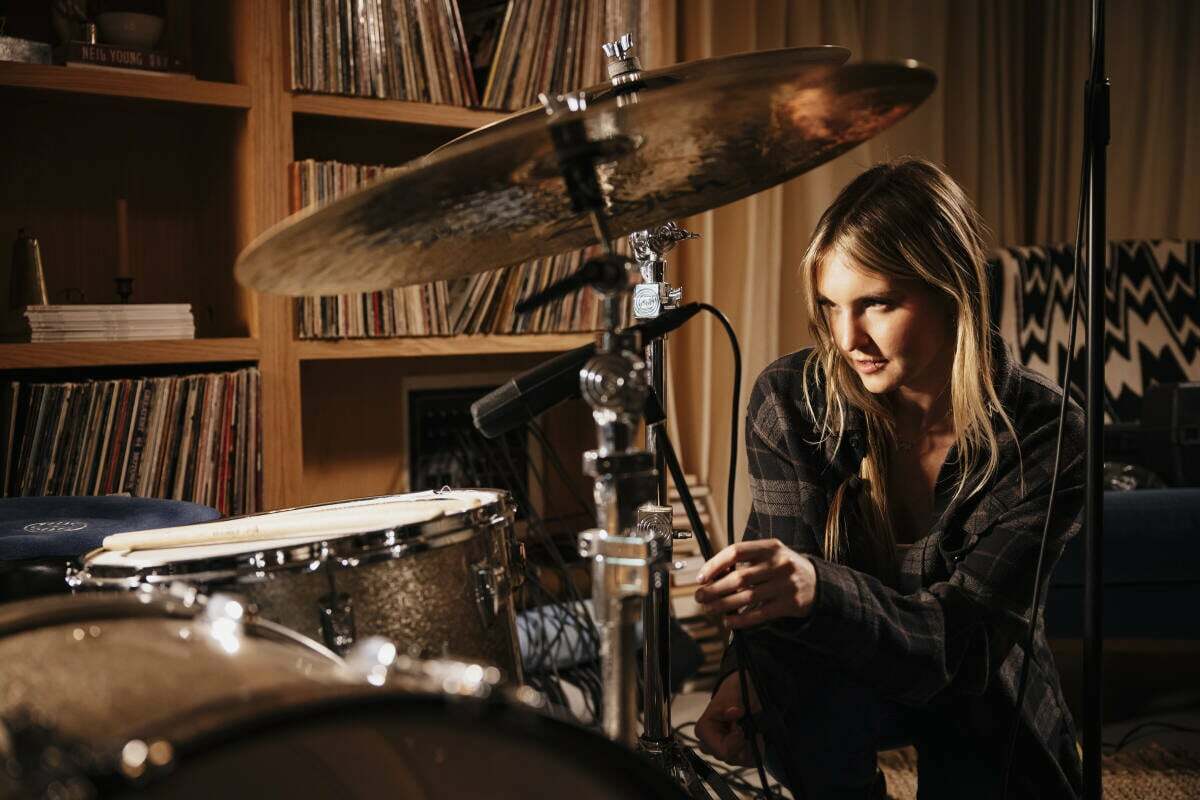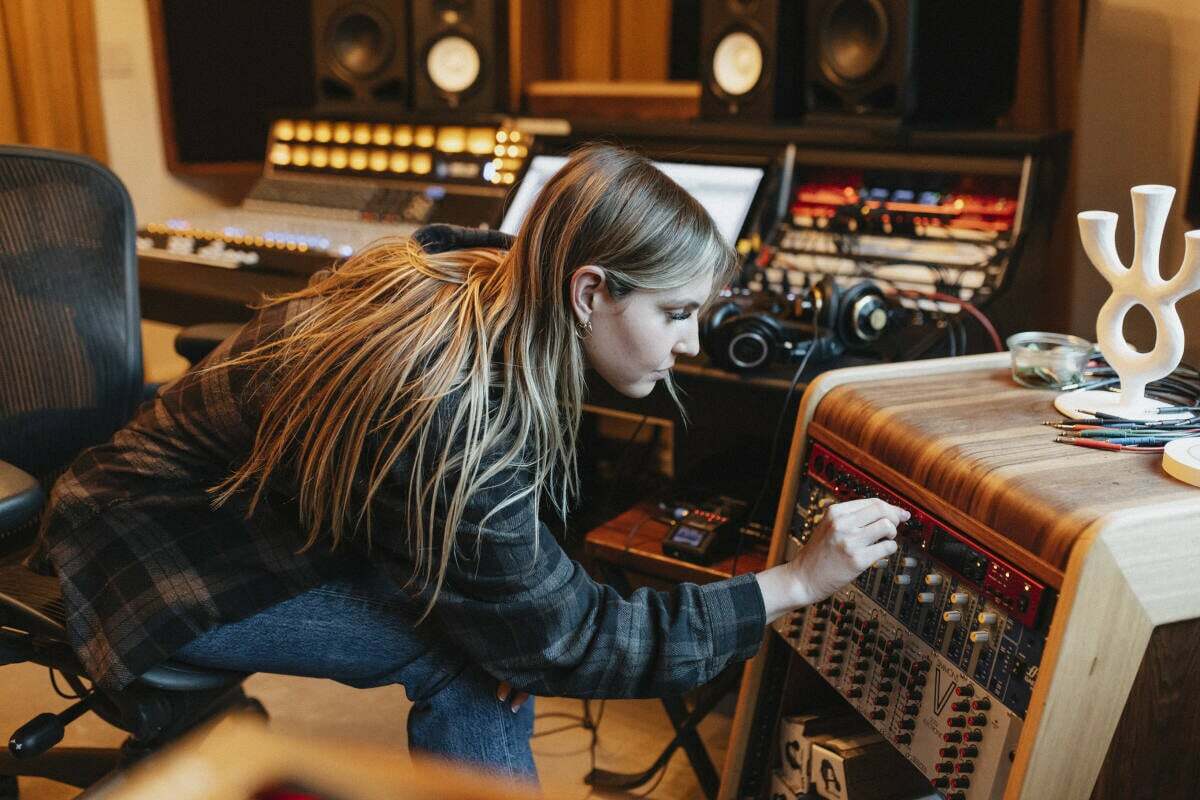L.A-based recording and mixing engineer Claire Morison heard Knives Out by Radiohead as a teenager, and it changed her life forever. The self confessed indie girl from Montana explains why she risked it all to open her own studio in Hollywood.
Morison is chugging a coffee as she joins Headliner from her L.A studio, called Wild Horizon Sound. “I had a late night session last night. Artists don't typically like to start before noon. So I'm going kinda late sometimes, so yeah, I'm all about the caffeine,” she smiles brightly, somehow not looking or sounding remotely tired despite working into the early hours.
Growing up, it was her mother who encouraged her children to play an instrument each, with a young Morison choosing the violin, before eventually begging her parents for an electric guitar aged 13. Music was certainly already a passion of hers at a young age, but she distinctly recalls the moment she knew she wanted to work on the music someday:
“This is such a cheesy story,” she cringes, “but I do clearly remember discovering Radiohead at Borders bookstore in my small town when I was about 15. I heard Knives Out from their record Amnesiac and I just had this feeling like, ‘Oh man, I gotta be a part of this’. It made me feel differently in a way that I hadn't before.
"Around then was when I realised I wanted to be involved in the production and creation of records. I've never been a performer. I've never craved playing in front of an audience. In fact, I am terrified of it,” she admits. “Being a producer or engineer seemed like the next closest thing.”
